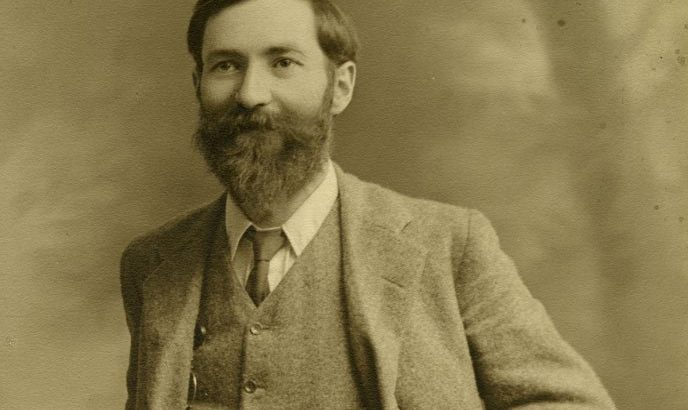In The Wake of The Rising: A Special edition of The Stinging Fly
edited by Sean O’Reilly
(Issue 33, Volume Two, €15)
Joe Carroll
This edition of the literary magazine, The Stinging Fly, is its contribution to the centenary of the Easter Rising. The editor, Sean O’Reilly, hopes that it will “open up an alternative space for writers to re-read and respond to the events of that Easter Monday, the background and the legacy, and to the Proclamation itself”. These contributions would be “outside of the official events and memorials” planned by the Government.
Some 43 writers and poets, some well-known names, others aspiring, responded to the invitation to contribute to this edition making it a hefty volume of 288 pages.
Energies
The Rising was preceded at the beginning of the 20th Century and even the end of the 19th by the so-called Irish Literary Revival, when the energies of poets, playwrights, scholars and polemicists were unleashed channelling nationalist feelings in a non-violent way. After the Rising, the War of Independence and the Civil War, Anglo-Irish literature forsook the Celtic Twilight for a grittier realism.
Social change
In his editorial, Mr O’Reilly asks “what if anything is left of the tradition of Realism and the original design of that form to hold a microscope or a mirror cracked or not up to the world in order to see it better and change it?”
Indeed, do writers today have any interest in social change, any belief at all in the transformative role of literary culture in the life of the nation, he wonders.
This collection, for this reviewer, largely reflects a disillusioned, satirical, even nostalgic mood as the writers let loose their imaginations on that Easter Monday and the Proclamation. There is more of magical realism than the kind the editor is hoping to find.
Donal O’Kelly uses the Stations of the Cross to portray the tragic death of Francis Sheehy Skeffington. Iggy McGovern works the Proclamation into a celebration of St Patrick’s Day in a rowdy Chicago Irish pub. Aidan Matthews uses a recollection of the 50th anniversary of the Rising, as seen by the pupils of the elite Gonzaga school attended by descendants of 1916 heroes, to cast a satirical glance at a bourgeois land not so fit for heroes.
Two non-fiction pieces by Catriona Crowe on the opening up of new sources for historians and by Hilary Lennon on how Frank O’Connor struggled to make his short stories be based on realism rather than myths or fashionable modernism are valuable contributions alongside the creative pieces.
The men and women of 1916 would be fascinated at the Ireland this issue of The Stinging Fly unveils through its writers.
Whether they would like it is quite another thing.


 Francis Sheehy Skeffington. Photo credit: National Museum of Ireland
Francis Sheehy Skeffington. Photo credit: National Museum of Ireland